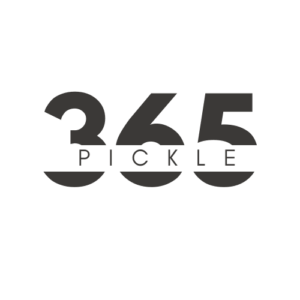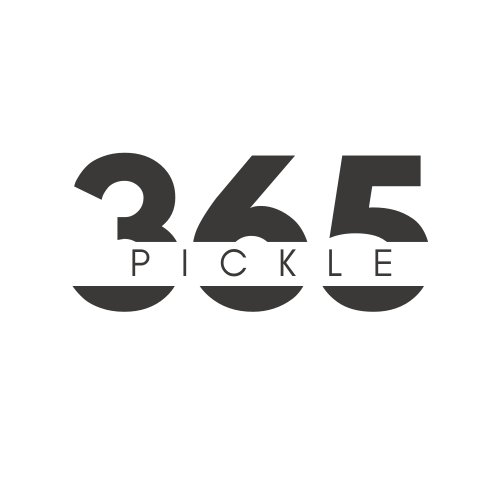A balanced diet is essential for a fulfilling life free from diseases.
Here are some key elements that should not be missing from your daily routine:
1 – Fruits and vegetables:
Fruits and vegetables are rich sources of vitamins, minerals, fiber, and antioxidants. Include a variety of colors in your meals to obtain a wide range of nutrients. Examples include apples, bananas, spinach, broccoli, carrots, and tomatoes.
2 – Whole grains:
Opt for whole grains instead of refined grains. They are rich in fiber, B vitamins, and minerals. Examples include brown rice, oats, quinoa, whole wheat, and whole grain bread.
3 – Lean proteins:
Choose healthy sources of proteins such as fish, chicken, turkey, tofu, legumes, and nuts. Proteins are essential for tissue building and repair, as well as playing a role in regulating metabolism.
4 – Healthy fats:
Include healthy fats in your diet, such as avocado, olive oil, nuts, seeds, and fatty fish like salmon. These fats provide omega-3 fatty acids, which are beneficial for heart and brain health.
5 – Low-fat dairy:
Opt for low-fat dairy products such as skim milk, Greek yogurt, and low-fat cheeses. They are sources of calcium, vitamin D, and proteins.
6 – Water:
Proper hydration is crucial for health. Drink water regularly throughout the day to stay hydrated. Avoid sugary drinks and sodas.
7 – Limiting sugar and processed food intake:
Avoid excessive consumption of added sugars, such as sodas, candies, cakes, and processed foods. Opt for healthier choices like fresh fruits to satisfy sweet cravings.
8 – Moderate salt consumption:
Reduce the consumption of sodium-rich foods, such as processed foods and fast food. Season your meals with natural herbs and spices instead of excessive salt.
9 – Vitamins and supplements:
In some cases, it may be necessary to supplement your diet with vitamins or supplements, especially if there are nutritional deficiencies. However, it is always best to obtain nutrients through natural foods.
10 – Moderation and balance:
Remember that moderation and balance are key. Allow yourself to enjoy indulgent foods occasionally, but make sure that the majority of your diet is based on healthy and nutritious foods.
Remember that each person is unique, and it is important to tailor your diet to individual needs. Consulting a healthcare professional, such as a nutritionist, can be extremely beneficial in receiving personalized guidance and a meal plan suitable for your specific needs and goals.









